Textron Aviation announced this week that three of its Cessna piston singles are now approved for select fuels designed for cleaner operation, provided operators comply with FAA Service Bulletins SEB-28-04 or MEB-28-01. The Cessna 172 Skyhawk and 182 Skylane are eligible to use 91UL (unleaded), 94UL or 100VLL (very low lead) fuels, “wherever it is available.” The FAA approved 100VLL about 10 years ago via a Special Airworthiness Bulletin. 100VLL has 19 percent less lead than 100LL. The Cessna 206 Turbo Stationair is eligible to use 100VLL, but not 91UL or 94UL.
“We have produced more than 75,000 of these three piston aircraft models,” said Chris Crow, vice president of piston & utility sales for Textron Aviation, “and this gives owners and operators around the world a chance to take action in reducing emissions.”
All three models are powered by Lycoming engines, made by Cessna’s sister company within the Textron Aviation family. Lycoming completed a series of recent tests leading to the FAA approval of the unleaded and lower-leaded fuels. Operators of legacy Skyhawks, Skylanes and Turbo Stationairs are eligible to use the cleaner fuels along with buyers of factory-new aircraft.


















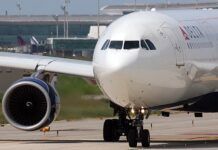




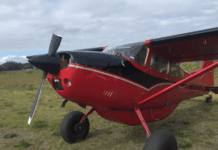

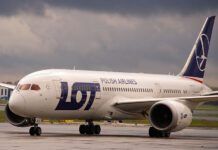
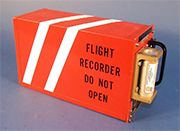



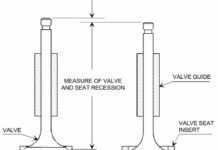


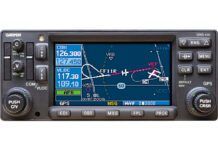


Cessna wants $310.90 for the four small decals, indicating the new acceptable fuels, to replace the existing decals next to the fuel tank caps on top of the wings.
Cessna wants to be paid for their research and testing. They are a for-profit business.
As a Skylane owner I find this a bit misleading, when the picture is of a 1969 C-182 powered by a Continental engine and already eligible for an auto gas STC. As this approval is for Lycoming equipped models.
Just sayin’
This isn’t about automobile fuel, however. The fuels listed are not approved for road use.
True, but I own a 1977 c-182 with a Continental O-470U which is not eligible to use either fuel.
When I first breezed through the article, I was shocked to learn Cessna made some aircraft models with only three pistons.
It could be worse, Dale. These airplanes are also referred to as “piston singles”.
Cessna’s news release (the basis of the article) is a nice step towards addressing likely problems in the near future with 100LL. But, it’s really just a tiny step. All aircraft wir an engine STC are excluded, as are all older C206’s, all C210’s, all but the most recent C182’s, all C172’s prior to the I model, all C180’s and C185’s, and more. The title AND body of AvWeb article are very misleading. If not fake news, it’s at least news with a heavy spin.
John, they said (near the end of the article) that the approval was only for the Lycoming-powered models. The “excluded” airplanes you mention (including my own R172K model) all have Continental power.
Yes, most of the aircraft excluded have other than Lyc engines. STC engines for many of the aircraft are Lyc. The leading statements made in the article implied that all C172, C182, etc. series were included. That was the title of the piece. It didn’t say “Some…” or “Recent…” And neither title of either the Avweb article or Cessna news release were up front that a very large number of legacy aircraft and all STC aircraft were excluded. Of the “75,000 aircraft” built by Cessna, quite a lot have other than Lyc engines. What’s the plan for them?
This is a GREAT step by a large GA airframe manufacturer and hopefully others will follow. Lycoming approved the fuels years ago, but Cessna was slow to approve the airframes. We do need an alternative to the more expensive Gami and Swift 100 octane avgas products. If this momentum continues, we will get airports to supply the 91UL or 94UL products and big-oil to refine in large quantities. Lower octane products are compatible with marine and off-road use, and if we play our cards right, every E-Free gasoline product supplied in the USA could easily be in compliance with the ASTM for 91UL, and be very cost-effective.
Massive quantities are the key to low prices. Lets lobby our oil companies to make that happen.
Yes, every Cirrus, Centurion, and twin-cessna owner will object to the effort, but high compression ratios are NOT the key to fuel efficiency or environmental stewardship. The car manufacturers discovered this years ago.
I don’t remember seeing any published data on how the lower octane unleaded fuels affect horsepower. Lower compression piston engines can burn lower octane fuel like 91UL or 94UL but they usually lose some power when doing so. That’s one of the reasons that I decided not to get the auto gas STC for my Maule with its Lycoming O-360-C1F engine. The other reason is that it’s very difficult to find auto gas without ethanol in my area.
If one’s Cessna 172R or 172S is using Surefly ignition instead of magnetos then according to the STC you are restricted to 100LL??